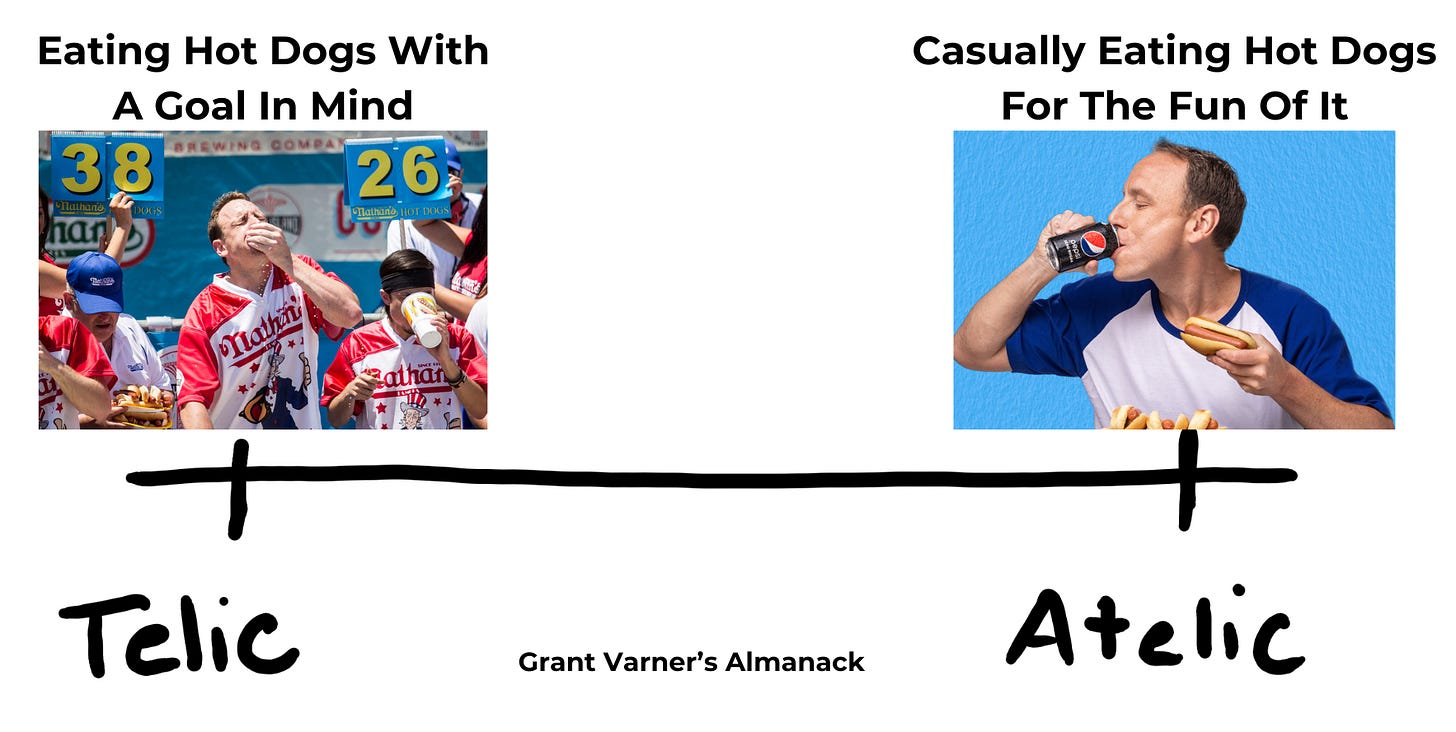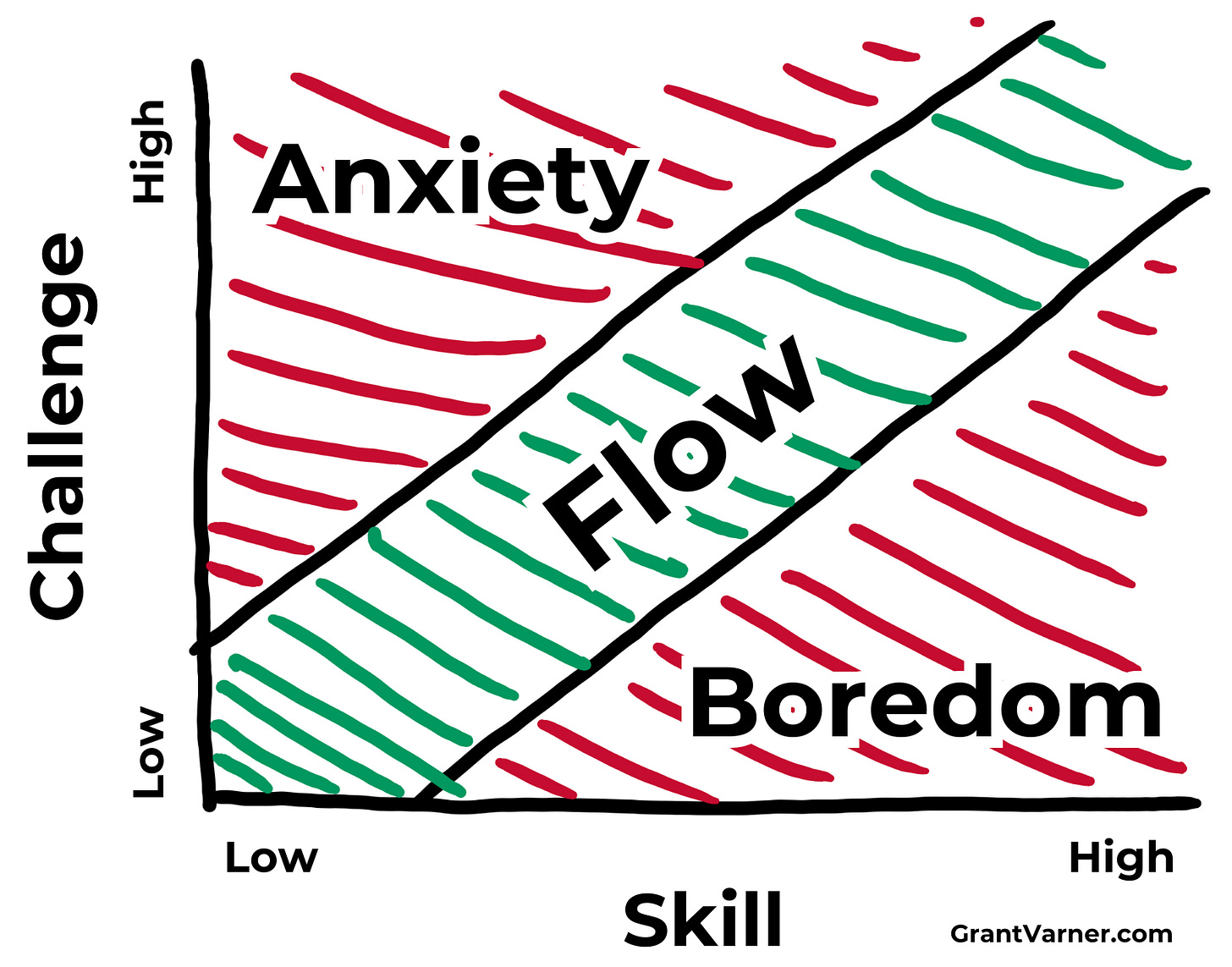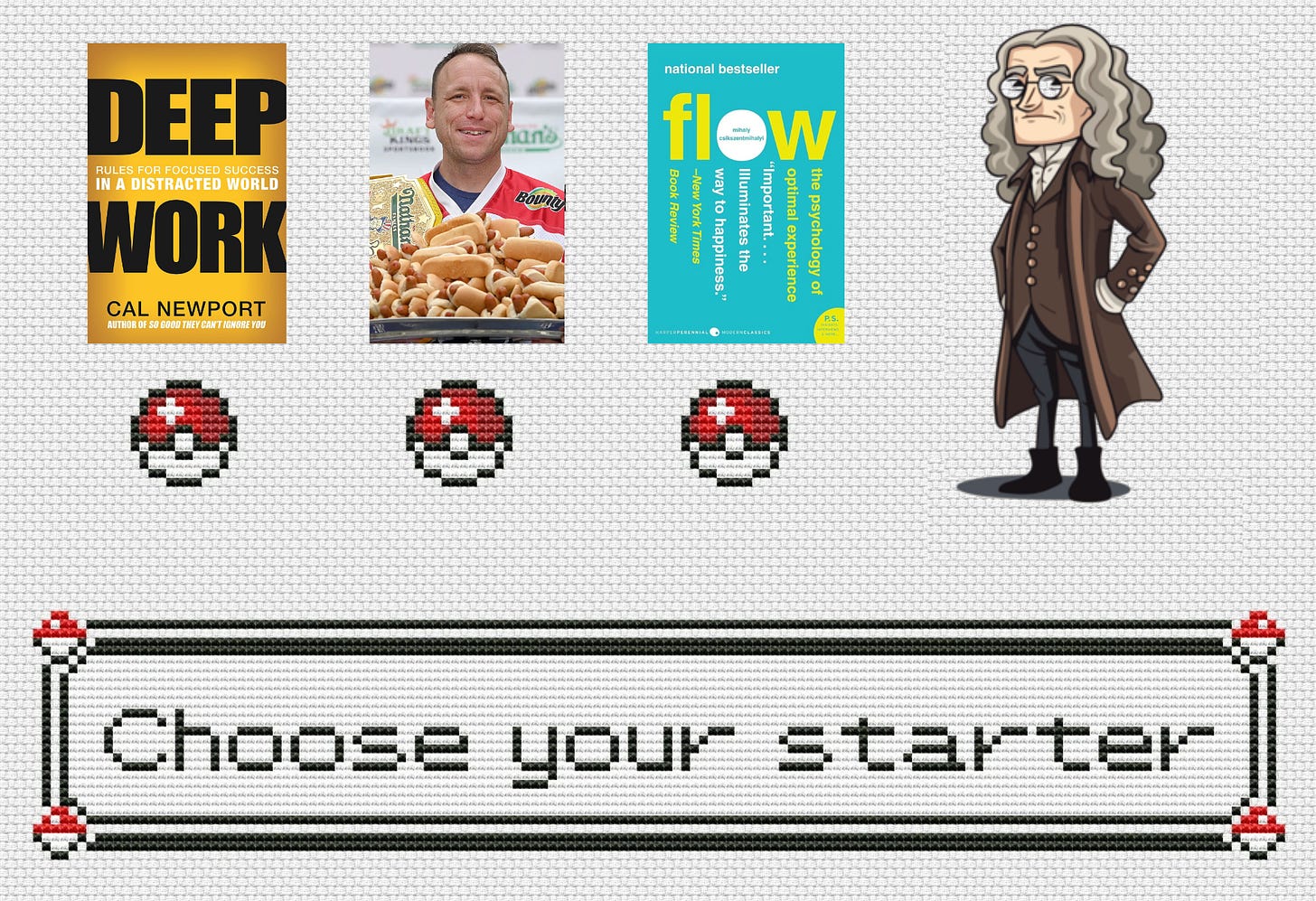How To Get Asymmetric Outcomes With Your Time
Doing more quality output with less time.
My Personal Struggle With Time
Every day I struggle to make the most of my time. I’ve been married almost a year now, and I’m busy balancing family, faith, work, pumping iron, and writing. I’ve heard the term asymmetric bets tossed around, which sounds awesome. Any opportunity to beat the house, I’m in.
This is the question I’m attempting to answer: How can you achieve asymmetric outcomes with your time?
Telic vs. Atelic Activities
I’m a Type A personality, so I struggle with not being productive. In a way, I often don’t get the most out of idle time with family, because my mind is always on work, a project, or something I’m tinkering with.
An understanding of telic vs. atelic activities helped me enjoy the idle moments at home more.
Telic activities have a goal.
Atelic activities don’t have an end goal.
Just because I struggle with doing things for fun—there are ways I can train myself to do more atelic activities.
Read a book for the joy of it.
Go for a walk without my watch or phone.
Relish a slow morning sipping coffee with my wife.
Telic activities come more naturally to me. But there’s opportunity to get a deeper sense of purpose & fulfillment from telic activities too: by entering a state of Flow.
Flow
In the 1970s, the late psychologist Mihály Csíkszentmihályi found that the best moments are when you’re engaged in a telic activity is during periods of intense, goal-directed effort.
“The best moments usually occur when a person’s body or mind is stretched to its limits in a voluntary effort to accomplish something difficult and worthwhile… Optimal experience is thus something that we make happen.”
Mihály Csíkszentmihályi
Flow cannot be forced, but you can create the right conditions for flow by having:
The right balance between challenge and skill.
Single-minded focus on the activity.
Isaac Newton crushed this for two years.
Isaac Newton’s Plague Years
When Isaac Newton was 23, Cambridge University closed due to The Great Plague of London and he moved back home to Woolsthorpe, hours away from any major city. He vowed to put up a good fight against vice, and drew a plan for himself to stay busy with work:
“To avert ye thoughts by some employment, or by reading, or meditating on other things.”
Isaac Newton
Basically, he went full monk-mode. He later described his time as “the two plague years”—essentially the 1660’s version of the COVID years. Historical evidence helps us infer how he spent his days:
He often lost track of time during deep dive sessions—AKA, Flow.
He used project-focused blocks—concentrating on one major problem intensely for months at a time.
Newton’s plague years are a good case study of the value of modern day single-tasking. By tackling one challenge at a time using focused effort, you can achieve disproportionally large results for the time spent. Using this method for two years (1665-66), Newton:
Discovered that light is a spectrum of colors.
Invented the law of gravity.
Invented calculus.
By contrast, I took AP Calculus as a high school senior, and barely got an 2 on the exam. Such is life.
Deep Work
Cal Newport is a professor at Georgetown University, who writes about deep work. Deep work is the key to getting Newton-like outcomes.
Deep work is a state of uninterrupted concentration, allowing for the mastery of complex information and the production of high-quality work in less time.
It requires you to push your cognitive capabilities to their limit to achieve meaningful results.
How to do deep work:
Schedule it. Block out time on your calendar with the same seriousness as a meeting. For me, I religiously write at 7am, and prospect for new business at 8am.
Create new value. Choose a task that’s cognitively demanding and creates new value—whether that’s generating new business, writing a draft, or designing a presentation.
Protect your attention. Use super duper advanced technology like leaving your phone in the other room. Ear plugs work well too.
Work with intensity. Treat the time as a sprint, not a marathon. I start with a 10-minute timer and work intensely. If I still have energy, I’ll go for another 10 minutes until I’m mentally drained.
Single-minded focus produces high quality output in a shorter amount of time than distracted work does.
In Summary
Not all time is created equal. Condensed & focused effort maximizes your results.
Telic = activity with an end goal
Atelic = activity with no goal
If you’re Type A, practice doing more atelic activities.
Getting into flow will bring you more fulfillment and purpose.
Flow is achieved with balance between challenge and skill.
Isaac Newton used single-minded focus, during multi-month blocks of time to invent calculus and gravity.
Deep work is a contemporary method for achieving asymmetric outcomes with your time.
To do deep work: schedule it, create new value, protect your attention, and work with intensity.
Thanks for reading.
— Grant Varner





